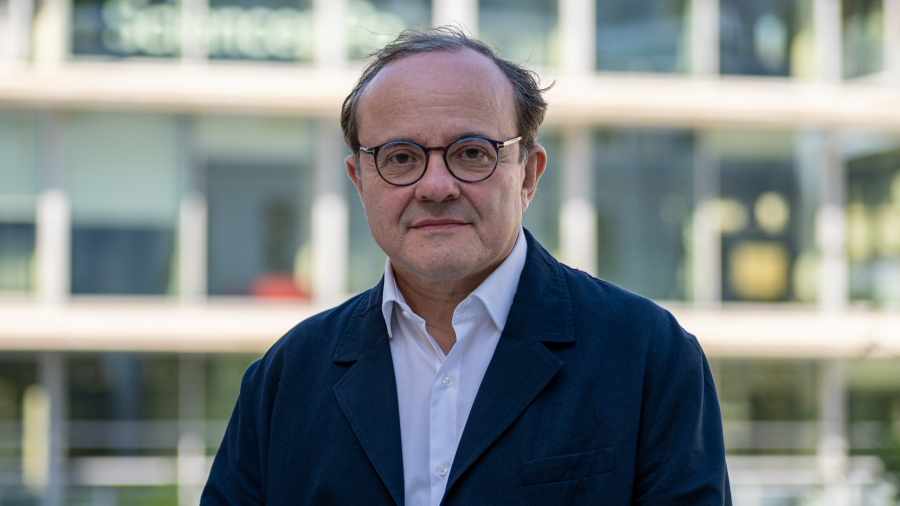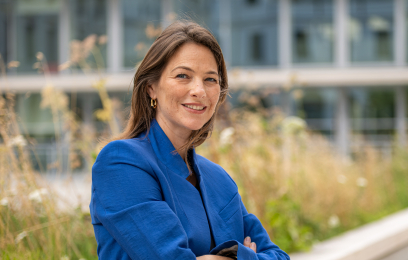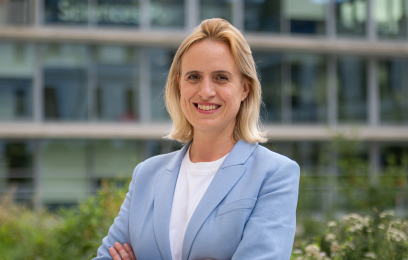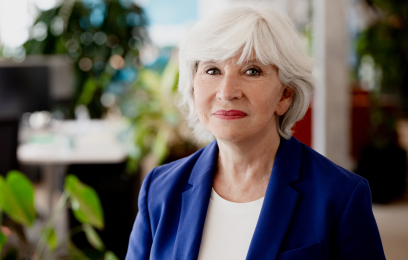Paris, 8 July 2025 - Paris, Luis Vassy, President of Sciences Po, has appointed Paul-André Rosental as Scientific Director. He takes office on 1 July 2025.
Paul-André Rosental is a University Professor at Sciences Po, where he has served as Director of the Centre for History since 2022. His research focuses on the history of the biopolitical domain, a broad field encompassing social protection, demography, migration, and public health. With a deeply interdisciplinary academic background, he is the author of several books published both in France and internationally, as well as over one hundred scholarly articles — including around thirty in medical journals. In this field, he has led a major project funded by the European Research Council, rooted in his work as a historian, which has had a tangible impact on occupational health policies in both France and the United States. Paul-André Rosental serves on numerous scientific advisory boards in France and abroad, notably within the Population Europe network in Berlin and the French Institute for Public Health Research (IReSP).
Luis Vassy, President of Sciences Po: “I am proud to entrust the role of Scientific Director to Paul-André Rosental, who is not only a distinguished scholar but also a leading advocate of interdisciplinarity and a perceptive observer of the higher education and research landscape, both in France and abroad. With his exceptional expertise and strategic vision, he will make a decisive contribution to our scientific excellence, to the dynamism and vitality of our research units, to the integration of research and teaching, and to the opening of new fields of scientific inquiry. I am delighted to rely on him to further elevate the intellectual ambition and visibility of Sciences Po.”
Paul-André Rosental, Scientific Director: " Sciences Po must reflect, teach, and act in a historical moment which marks a break with the post-Cold War era. The reason why a historian offers to lead its scientific policy at such a turning point, is because a long-term perspective is essential to distinguish transformations that echo familiar patterns from those that demand new models of understanding. Thinking through the unprecedented — by strengthening our academic and public presence, and preparing our student and doctoral community for the responsibilities they will bear — will be the guiding principle of my mandate as Scientific Director.”



